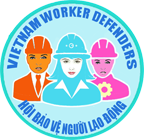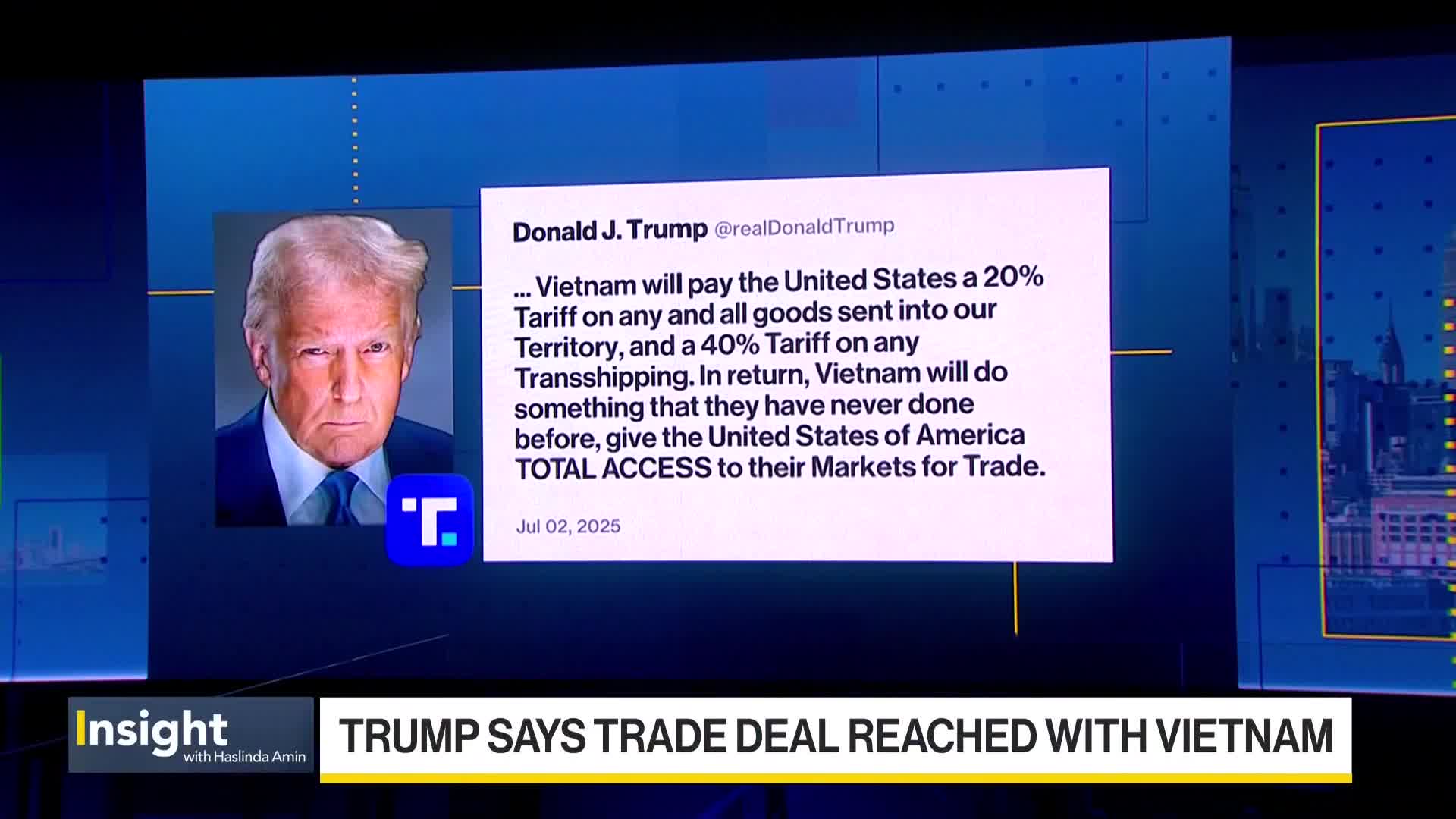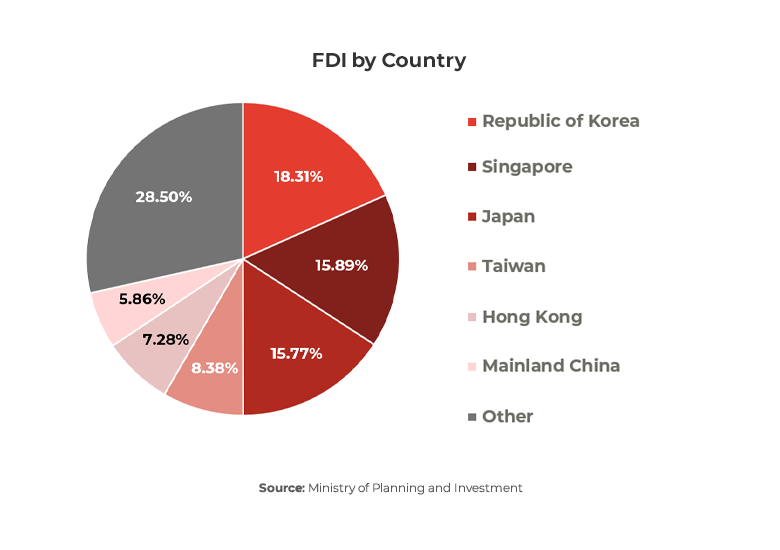Situation of FDI companies in Vietnam, in the context of 20% tax imposed by the US
From an objective perspective from international financial institutions, consulting firms and research institutes, the situation of foreign-invested private companies (FDI) in Vietnam – especially those businesses that rely heavily on exports to the United States – when the US raises the tax to 20% has the following outstanding characteristics:
1. Impact on FDI enterprises in Vietnam
The US is Vietnam’s largest export market, accounting for about 30% of GDP and the FDI sector leads to 72% of export value, mainly in the following industries: electronics, textiles, footwear, wood, seafood, etc.
The US’s imposition of a 20% tax (which was once at risk of being at 46% before bilateral negotiations reduced it) increases costs, reduces the competitiveness of Vietnamese goods, and puts many FDI enterprises in a difficult position when sales and contracts decrease and foreign investment flows may be affected in the long term.
The most affected industries include: textiles, footwear, seafood, wood products and electronics; in addition, industrial park real estate and logistics may also stagnate due to reduced demand for factory expansion from businesses exporting to the US.
2. Vietnam’s countermeasures and protection measures
• Vietnam’s measures are recognized by international consulting organizations and research institutes, including:
Bilateral negotiations to reduce tax rates to a more reasonable level (from 46% to 20%), but the results are ultimately inferior to those of other countries in ASEAN.
Standardizing and making the supply chain transparent, especially tracing the origin of goods to avoid anti-trade evasion taxes, meeting strict US standards on origin, ESG, etc.
Promoting market and supply chain diversification, increasing the proportion of domestic value in exported products to reduce the risk of high tariffs.
Supporting businesses through policies: reducing corporate income tax, preferential credit interest rates, organizing training on defensive trade and international negotiation skills.
Implement free trade agreements, take advantage of tariff incentives from countries other than the US, diversify raw material sources and export markets.
Cooperate with FDI enterprises, invest in supporting industries and technology to increase internal strength, reduce dependence on imported raw materials and increase product added value.
3. Assessment of international organizations
The World Bank, international consulting groups, and Asian research organizations recognize that Vietnam still has an attractive position thanks to its young workforce, competitive costs, favorable location, and flexibility, but the risk of losing a portion of FDI capital or being surpassed by other countries (Thailand, Indonesia) is real if the investment environment and value chain are not strongly improved.
The pressure from the 20% tax rate is a “test of endurance” for the economy; only FDI enterprises with excellent operations, long-term competitive strategies, proactive restructuring, and international standard investment can survive and develop. This is both a challenge and an opportunity for Vietnam to attract better quality FDI, screening out substantial projects instead of just taking advantage of cheap labor.
4. Objective data from abroad
According to preliminary data from Customs and objective analysis from international banks and research institutes, since the 20% tax rate of the US took effect (August 7, 2025), Vietnam’s export turnover to the US has decreased sharply compared to the same period last year, especially in key export sectors.
Many international experts commented: Vietnam’s protection and response measures have only partially reduced the immediate difficulties, but in the long term, it is necessary to shift the export structure, improve product standards and promote deeper international cooperation.
Conclusion
The imposition of a 20% tax by the US is a big shock to FDI export enterprises in Vietnam. The Government has implemented response measures, but the effectiveness still depends mainly on the transformation capacity of enterprises and the substance of investment environment reform. International assessments show that this challenge could be an opportunity for Vietnam to screen and upgrade the quality of FDI, reduce dependence on cheap labor and create a more stable value chain, provided that these policies are feasible, practical and do not aim to consolidate the power of the ruling Communist Party in Vietnam.
Share this article
Follow us
0 Comments


